Article by Bert-Jan de Visser & Gertjan van de Groep – IESF The Netherlands
The manufacturing industry is ready to encounter a multitude of challenges as it moves into 2024 and beyond. From supply chain disruptions to digital transformation and talent shortages, manufacturers must navigate a complex landscape to remain competitive and sustainable. Recognizing the need for capable leaders who can address these challenges head-on, organizations like IESF, the International Executive Search Federation, is able to identify the leaders of tomorrow who can guide the industry through this transformative period.
Supply Chain Disruptions
The COVID-19 pandemic has underscored the vulnerability of global supply chains. As the manufacturing industry looks to the future, it must anticipate and prepare for potential disruptions caused by geopolitical tensions, natural disasters, trade conflicts, and other unforeseen events. Building resilient supply chains and implementing agile strategies to mitigate disruptions will be vital for manufacturers to maintain continuity.
Digital Transformation
The relentless march of technology and automation brings both opportunities and challenges. Manufacturers must embrace digital transformation initiatives, develop knowledge on IoT and AI, adopting Industry 4.0 technologies to streamline operations, enhance productivity, and improve efficiency. However, navigating the complexities of data security, privacy, and workforce upskilling will be critical. Leaders who can drive digital initiatives and create a culture of innovation will be essential for success.
Talent Shortage and Skills Gap
The manufacturing industry is struggling with a shortage of skilled workers. In the face of increasing demand for advanced skills such as data analytics, artificial intelligence, robotics, and cybersecurity, organizations must attract, develop, and retain talent with the required expertise. IESF, as a global executive search federation, understands the importance of identifying future leaders who possess the technical acumen and leadership skills necessary to drive innovation and bridge the skills gap.
Sustainability and Environmental Regulations
Environmental concerns and tightening regulations present challenges for manufacturers to adopt sustainable practices. Manufacturers must focus on reducing their carbon footprint, managing waste, and sourcing renewable energy. Compliance with environmental regulations and embracing sustainable manufacturing processes will be crucial for long-term viability. Forward-thinking leaders who prioritize sustainability and drive sustainable initiatives will play a pivotal role in the industry’s transition.
Economic Uncertainty and Market Volatility
Economic uncertainties, trade policies, and geopolitical factors can create market volatility. Manufacturers must navigate changing market conditions, fluctuating demand, and adapt their production strategies to remain competitive. Agile leaders who can swiftly respond to market shifts, identify emerging opportunities, and drive strategic decision-making will be important in maintaining a competitive edge.
Cybersecurity Threats
As connectivity and digitalization increase, manufacturers become more vulnerable to cybersecurity threats. Protecting sensitive data, intellectual property, and ensuring the security of connected devices and systems will be paramount. Organizations must invest in robust cybersecurity measures and establish comprehensive risk management strategies. Leaders who prioritize cybersecurity and develop a proactive security culture will safeguard their organizations from cyber threats.
Changing Consumer Demands
Consumer expectations are evolving rapidly, with demands for personalized products, shorter lead times, and sustainability. Manufacturers must adapt to changing consumer preferences, embrace customization capabilities, and implement agile production processes to meet dynamic market demands. Future leaders who can anticipate consumer trends, foster innovation, and drive customer-centric strategies will be instrumental in ensuring long-term success.
The challenges facing the manufacturing industry in 2023 and beyond are multifaceted. However, organizations like IESF, the International Executive Search Federation, possess the expertise to identify the leaders of tomorrow who possess the vision, skills, and capabilities to navigate these challenges successfully. Operating on a global scale, the IESF serves as a dynamic hub for the manufacturing industry. It is not just an organization, but a collective platform that fosters rich discussion and brainstorming among its members, clients, and candidates about the ongoing developments in the manufacturing sector. This invaluable exchange of ideas and experiences extends beyond borders, incorporating local expertise from various regions around the world. Through this robust network, IESF is adept at sharing knowledge and identifying the best suitable candidates for roles within the industry. This approach not only aids in matching talent with opportunity but also creates an environment where innovative solutions can be devised to tackle the industry’s challenges. By recognizing the importance of competent leadership and harnessing the collective intelligence of a global community, manufacturers can forge ahead, capitalizing on opportunities, mitigating risks, and driving sustainable growth in the ever-evolving manufacturing landscape.

